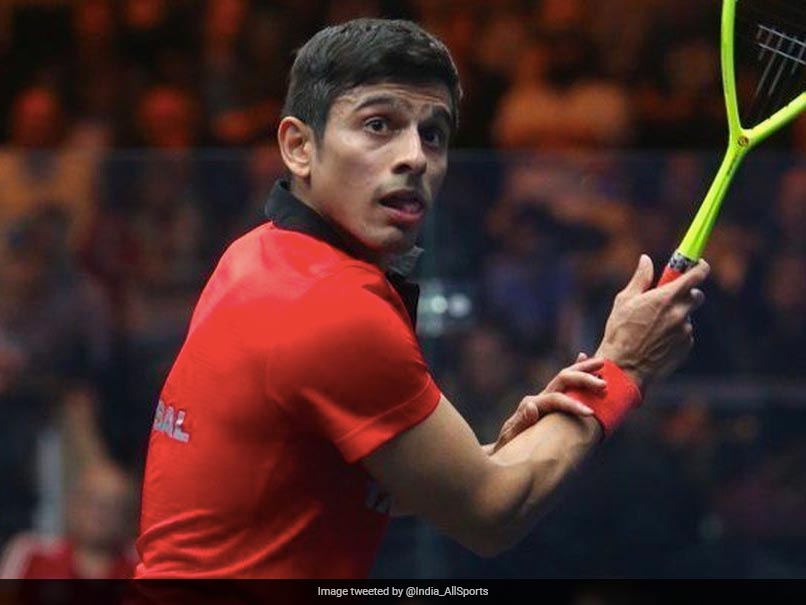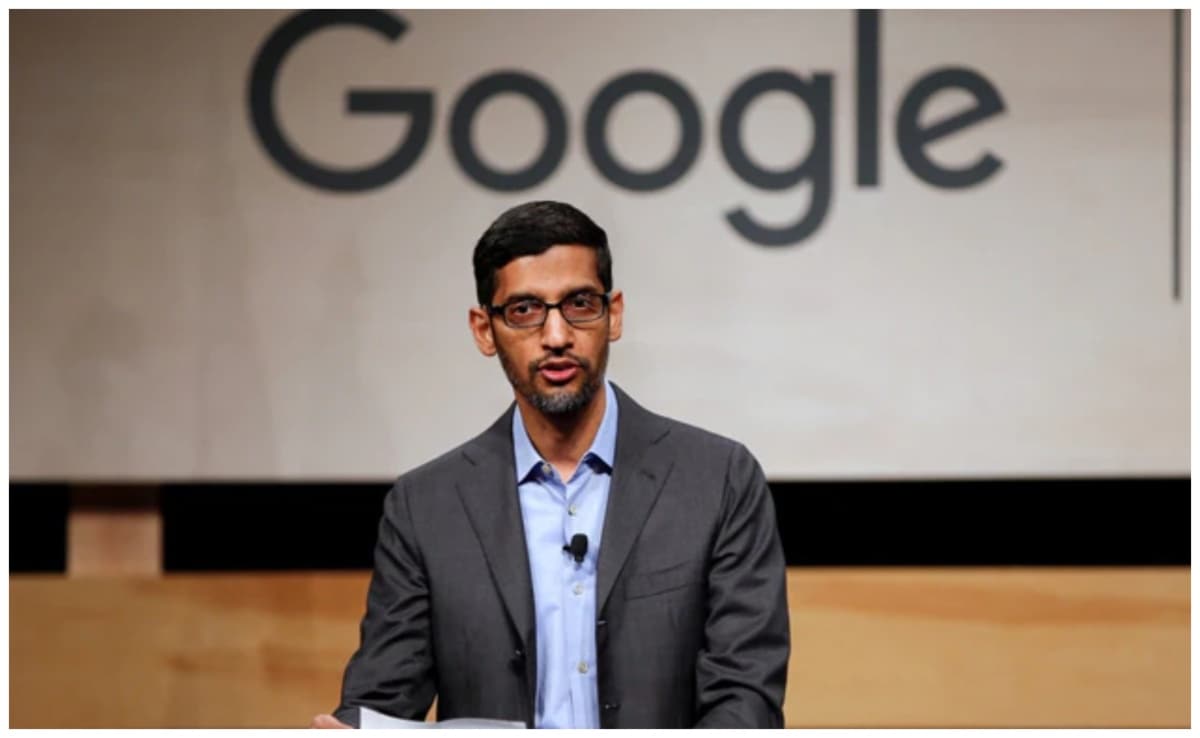Sam Bankman-Fried’s lawyers have complained that prosecutors at his fraud trial are portraying the FTX cryptocurrency exchange founder as a “cartoon of a villain”.
| Photo Credit: AP
Sam Bankman-Fried’s lawyers have complained that prosecutors at his fraud trial are portraying the FTX cryptocurrency exchange founder as a “cartoon of a villain,” but have done little to counter unflattering depictions of him offered to the jury by his former colleagues.
In cross-examining former members of his inner circle who have pleaded guilty and testified for the prosecution, defense lawyers generally has avoided challenging their accounts of Bankman-Fried angrily snapping at colleagues who questioned key company decisions. They also did not challenge testimony by one of the witnesses that his quirky persona was mostly an act.
Defense lawyers will have a chance to put forward a competing narrative when they present their case, beginning as soon as Thursday. But the testimony presented by the prosecution that has painted a negative portrait of the defendant’s character, if it remains unchallenged, could make jurors more willing to convict Bankman-Fried, according to experts.
“Even though it doesn’t go directly to guilt or innocence, it might create a bad impression,” said Jordan Estes, a former federal prosecutor in Manhattan who is now a partner at law firm Kramer Levin. “It’s easier to convict someone that you might not like as much.”
(For top technology news of the day, subscribe to our tech newsletter Today’s Cache)
Federal prosecutors in Manhattan have said Bankman-Fried looted billions of dollars in FTX customer funds to prop up his crypto-focused trading firm Alameda Research, make speculative venture investments and donate more than $100 million to U.S. political campaigns to burnish his image in Washington.
Bankman-Fried has pleaded not guilty to two counts of fraud and five counts of conspiracy. He could spend decades in prison if convicted.
In his Oct. 4 opening statement to the jury, defense lawyer Mark Cohen said Bankman-Fried “overlooked” risk management while building FTX and Alameda, which declared bankruptcy in November 2022 following a wave of withdrawals by customers. But Cohen said Bankman-Fried did not intend to steal the customers’ money.
A STRATEGIC CHOICE
Allowing specific unfavorable accounts by prosecution witnesses to go unchallenged on cross-examination could be a strategic choice by the defense, according to experts. That is because challenging such testimony could remind jurors of the negative anecdotes relayed by the witnesses.
“If they ask a lot of questions about it on cross, it’s giving more air time to an issue that isn’t necessarily helpful to them,” said Rachel Maimin, a former federal prosecutor in Manhattan who is now a partner at law firm Lowenstein Sandler.
Bankman-Fried’s best shot at establishing a positive impression of his character may be to take the witness stand himself, some experts said. His lawyers have said the defendant is considering doing so.
During opening statements, Cohen told jurors of the prosecutors: “They’d have you think he was quite the villain, or, more precisely, almost a cartoon of a villain. But the evidence will give you a very different context. The evidence will show that Sam was someone who worked very hard to try to build things, not harm them.”
The descriptions of Bankman-Fried by the prosecution’s three star witnesses contradict the 31-year-old former billionaire’s pre-arrest reputation as a nerdy do-gooder who wanted to be a responsible actor in the rough-and-tumble crypto space.
So far, two key prosecution witnesses have testified about instances in which Bankman-Fried disparaged colleagues who disagreed with him, particularly about financial issues at the heart of the criminal charges.
Nishad Singh, FTX’s former engineering chief, testified last week that when he confronted Bankman-Fried about marketing and venture spending that he found excessive, Bankman-Fried said it was “people like me sowing seeds of doubt in the company’s decisions that were the real insidious problem here.”
“It was pretty humiliating,” said Singh, who has pleaded guilty to fraud charges.
Caroline Ellison, Alameda’s onetime chief executive officer and Bankman-Fried’s former girlfriend, testified that when one employee raised objections to bribing Chinese officials to get Alameda funds in the country unfrozen, Bankman-Fried used a profanity in telling her to shut up.
Ellison, who has also pleaded guilty to fraud, said Bankman-Fried told her that his signature sloppy dress and wild mop of curly locks was an “important part of FTX’s image.”
Cohen has said outside the jury’s presence that prosecutors were presenting “cumulative evidence portraying our client as a very dirty person.”
Cohen also said prosecutors showed a document Bankman-Fried wrote to try to resolve a dispute between two colleagues only to imply that he is “some sort of crazy person.” In the document, Bankman-Fried 10 times in a row wrote the phrase, “Being aligned and always doing whatever you think is best for the company.”












